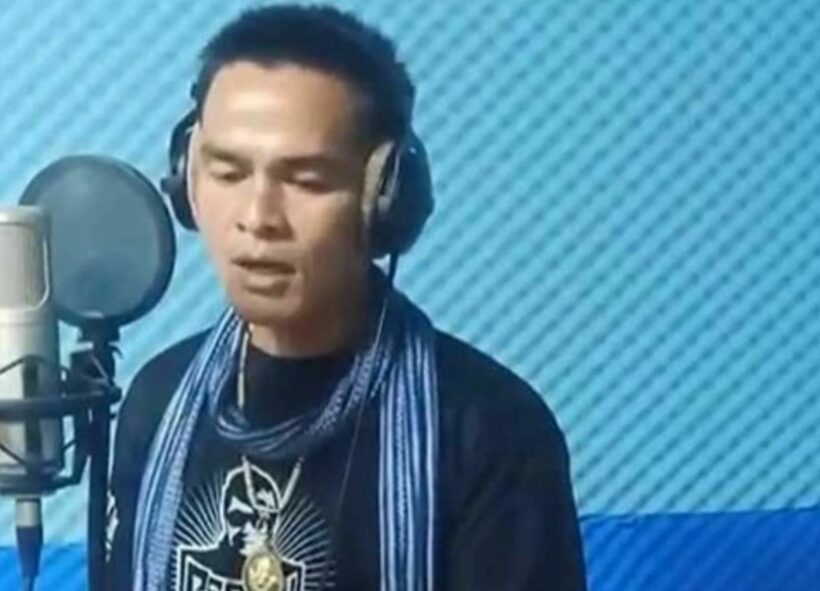Scrutiny over public and media idolising of suspect Uncle Phol

Following the arrest of Chaiphol Wipha, known as Uncle Phol to murdered 3 year old ‘Nong Champoo’, his elevation in the media to celebrity status is receiving criticism. He’s been a prime suspect in the murder for over a year, but a warrant was issued June 1, he surrendered yesterday, and is now in police custody. At first, the media investigated Uncle Phol purely as a suspect, but his good looks and charisma soon began to steal the spotlight and grow a fanbase.
Nong Champoo disappeared on May 11, 2020, and the investigation into her death after her body was found in mountain forests 2 kilometres away became sensational. The case was a rollercoaster, with suspicion being cast of the family and the teen sister who lied to cover up her TikTok distraction as the baby wandering off, and questions on how Champoo ended up where she was found. Media followed locals, police, and the family throughout it all, feeding a public thirsty for juicy details. When Chaiphol became a prime suspect, it was a media frenzy.
Chaiphol worked as a salesman and developed a charm and slickness that won him followers. People were willing to give the handsome man the benefit of the doubt, and a base grew of sympathizers and fans. The media had given him exposure and now jumped on the newfound popularity. Advertisers and talent agents saw profits in Uncle Phol, the new unlikely media celebrity.
While Chaiphol was a prime suspect, the ongoing investigation began to cast doubt, and even a media-hired psychiatrist stated that his body language hinted at innocence. He was cooperative with investigations and people grew sympathetic and interested in his personal life. The media got on board and showcased his charming side, even inviting him to sing for his fans.
The hashtag #SaveUnclePhol illustrated his growing popularity on social media as evidence seemed to be leading away from him. People felt sorry for the ordeal he had gone through in being investigated. Many donated money, he signed on with a talent agent, launched a YouTube channel that still has 360,000 subscribers now, and even appeared in a music video with celebrity Jintara that garnered more than 22 million views.
With new high-tech evidence linking hair at the scene of the crime to Chaiphol’s wife, lie-detector tests and witness interviews, the case against Uncle Phol strengthened and he was charged. In the months leading up to his arrest, the media stardom of Uncle Phol started to change as well.
Chiaphol’s temper was seen publicly for the first time in a fight with a TV reporter, and his talent agent and other reporters started to distance themselves. His YouTube channel declined somewhat, but many donators ask for a refund. Jintara deleted the popular video and any photos with Uncle Phol from social media. Once he was charged, the man who was once a media darling was now subject to public hatred.
In retrospect, as the Uncle Phol media frenzy subsides, many are looking at the case as an example of serious news being turned into entertainment. As the public thirsted for more, the media happily obliged, focusing on social media “likes” and engagement, rather than their obligation to report the facts of a serious case.
Blame fell to a cycle of public interest spurring the media to hype the story, causing the public obsession to grow, which in turn fueled more media coverage and celebrity. An innovative media production teacher at Bangkok University called the phenomenon “distorted idolisation”.
“Media should know better about what values it is meant to uphold. It definitely should not be about creating an idol out of a situation like this.”
SOURCE: Thai PBS World
Latest Thailand News
Follow The Thaiger on Google News:


























